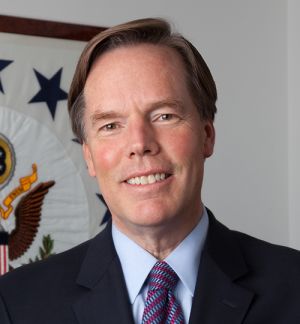Is the Geneva deal good for the US or a strategic mistake?
On balance, this deal is smart, sensible and the right step to take by the Obama administration.
It will give us the time and flexibility to negotiate the much more difficult and complex final agreement to dismantle much of Iran’s nuclear program.
Is the deal too lenient on Iran, especially on sanctions relief?
In international politics, you always have to weigh a prospective deal against the alternatives. In this case, the alternative was to continue with full sanctions and not commit to negotiations and this interim agreement. Some Israeli, Saudi and American critics of the deal say we would have been better off with no deal and by keeping maximum sanctions pressure on the Iranian regime.
But, that criticism misses a key point. It would have been reckless to negotiate while Iran had no limitations on its current, well-financed and increasingly powerful program. By stopping it in place, it gives the US and others the time to negotiate in a much stronger position.
Some say the Geneva deal will now lead to a normalization of America’s relationship with Iran?
It is far too early to know if Geneva will permit the US and Iran to repair the damage of their bitter and acrimonious relationship of the past three decades.
The Geneva deal is an interim, limited agreement designed to give breathing space for the much more difficult negotiations to come.
But it does not resolve the major issue — we still need to stop Iran well short of a nuclear weapon. That will require a much more intrusive final agreement. And Geneva does not also stop Iran’s cynical and objectionable support for the murderous Assad regime in Syria and its support for Hezbollah, Hamas and other terrorist groups.
Burns, Nicholas. “Iran nuclear deal: 3 questions with Ambassador Nick Burns.” November 26, 2013
The full text of this publication is available in the link below.




